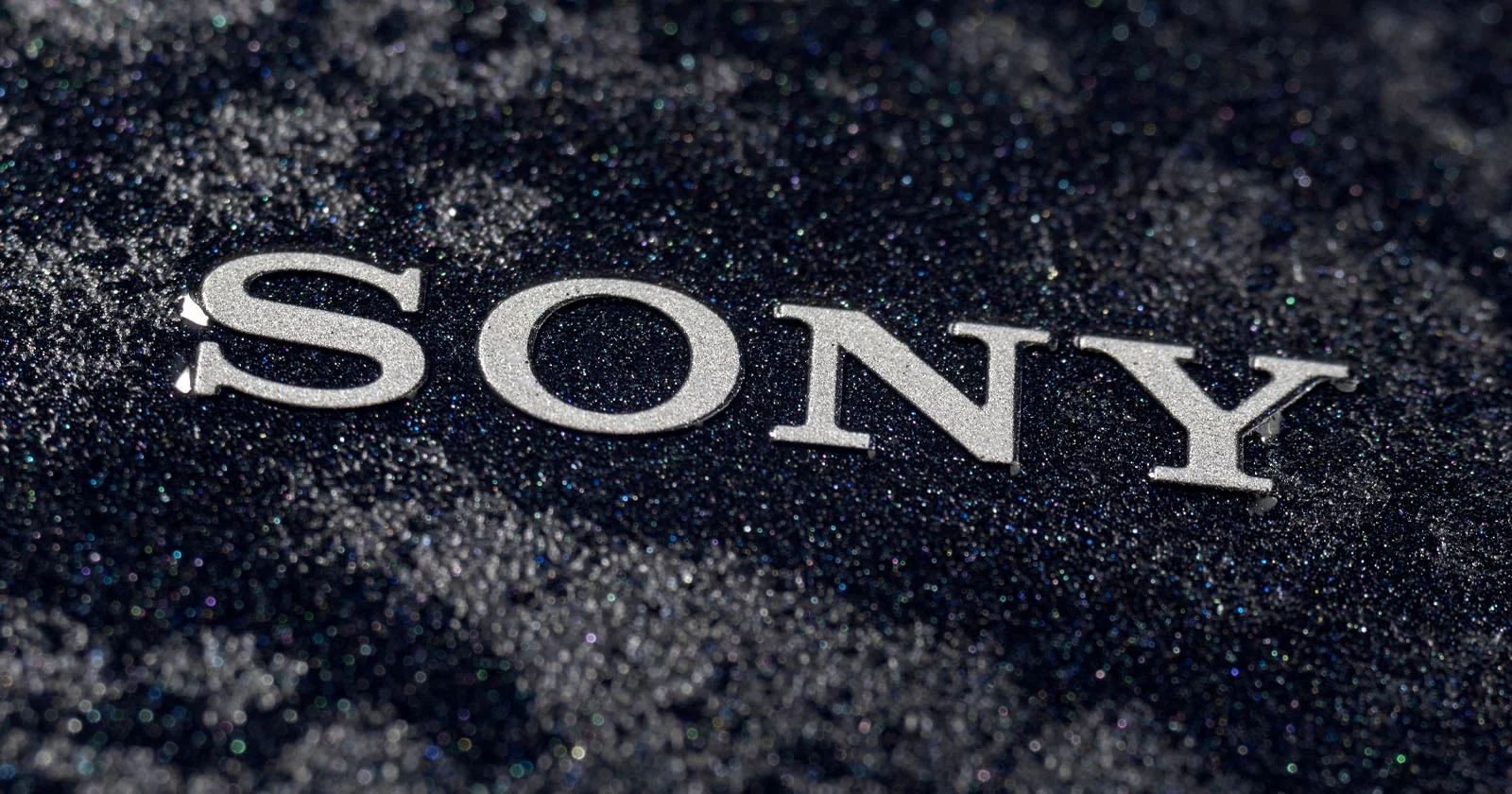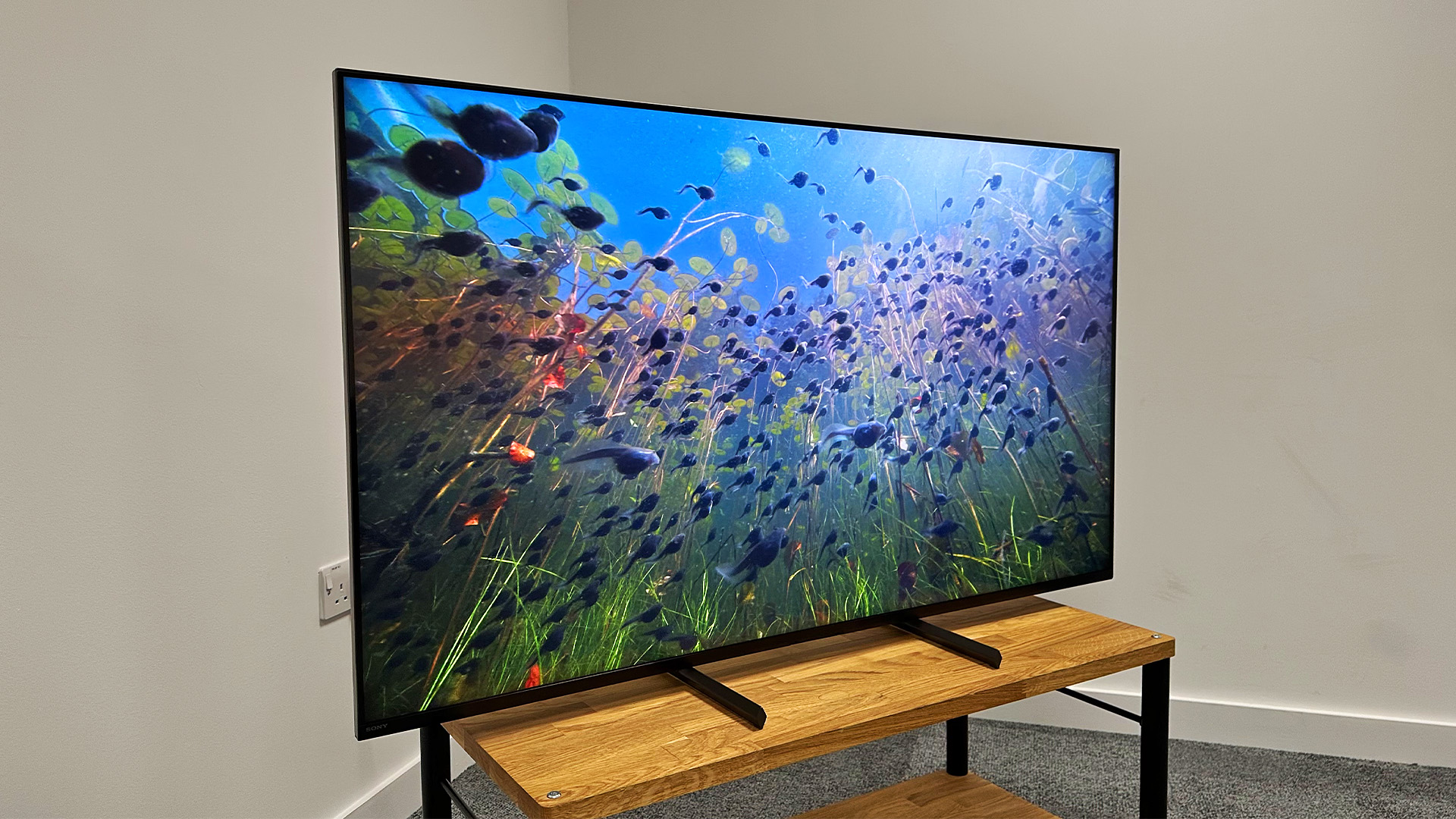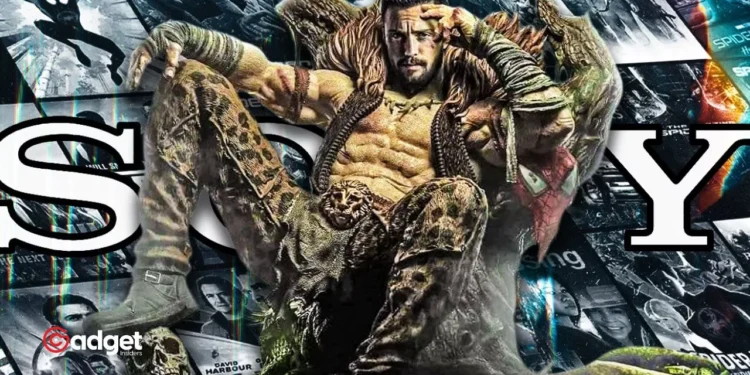In a recent announcement that has both intrigued and alarmed the entertainment industry, Tony Vinciquerra, CEO of Sony Pictures Entertainment, has declared a significant pivot towards artificial intelligence (AI) in film and television production. This move, revealed during an investor event on May 30, is aimed at reducing the substantial costs associated with creating content. Sony, known for hits like “Jumanji” and “The Equalizer,” plans to integrate AI technology extensively, which Vinciquerra believes will streamline both theatrical and TV productions.

“We are very focused on AI,” Vinciquerra stated, emphasizing the financial imperative. “The biggest problem with making films today is the expense, and we need to find ways to produce films in a more efficient way.” This strategic shift comes on the heels of a troubling financial report for Sony, with a 10% decrease in operating income for its pictures segment, amounting to an $86 million drop in Fiscal Year 2023.
Industry Reactions: Innovation vs. Integrity
The industry’s response has been mixed, with excitement over technological advancement tempered by profound concerns over job security and creative integrity. Last year’s Hollywood strikes, which saw actors and writers demanding protections against AI exploitation, underscore the growing unease. SAG-AFTRA, the actors union, has been particularly vocal, advocating for regulations that ensure creators are “respected and paid for their work” and not undermined by AI.

“Human creators are the foundation of the creative industries and we must ensure that they are respected and paid for their work,” SAG-AFTRA emphasized in a statement. This sentiment is echoed by the International Alliance of Theatrical Stage Employees (IATSE), which also highlighted AI as a critical issue in upcoming negotiations.
Potential Benefits and Risks of AI in Entertainment
The integration of AI into creative processes is not without precedent or potential benefits. AI can enhance the efficiency of productions and reduce grueling work hours, allowing industry professionals more time for personal pursuits. IATSE President Matthew Loeb pointed out, “If that efficiency comes, it needs to come to us and our jobs. We will use that to do our jobs better.”
However, the flip side is the risk of AI overstepping, replacing human creativity and intuition with algorithms. Recent controversies, such as the backlash against Netflix for allegedly using AI to manipulate images in the true crime documentary “What Jennifer Did,” highlight the pitfalls of unchecked AI use. The film industry must tread carefully to balance efficiency with authenticity.
Sony’s AI Negotiations: Shaping Entertainment’s Future
As Sony gears up for further negotiations with both IATSE and the Teamsters, the outcomes will likely set precedents for AI’s role in entertainment. The broader implications for Hollywood are significant, with potential shifts in how stories are told and who tells them.

Industry giants like Disney’s CEO Bob Iger are optimistic, viewing AI as a tool for storytelling enhancement rather than a threat. “Don’t fixate on its ability to be disruptive – fixate on [tech’s] ability to make us better and tell better stories,” Iger remarked.
As the debate continues, the entertainment world watches closely, balancing the promise of innovation with the preservation of human creativity. Only time will tell whether Sony’s ambitious AI strategy will lead to a new era of filmmaking or if it will necessitate a reevaluation of the role technology should play in the arts.










